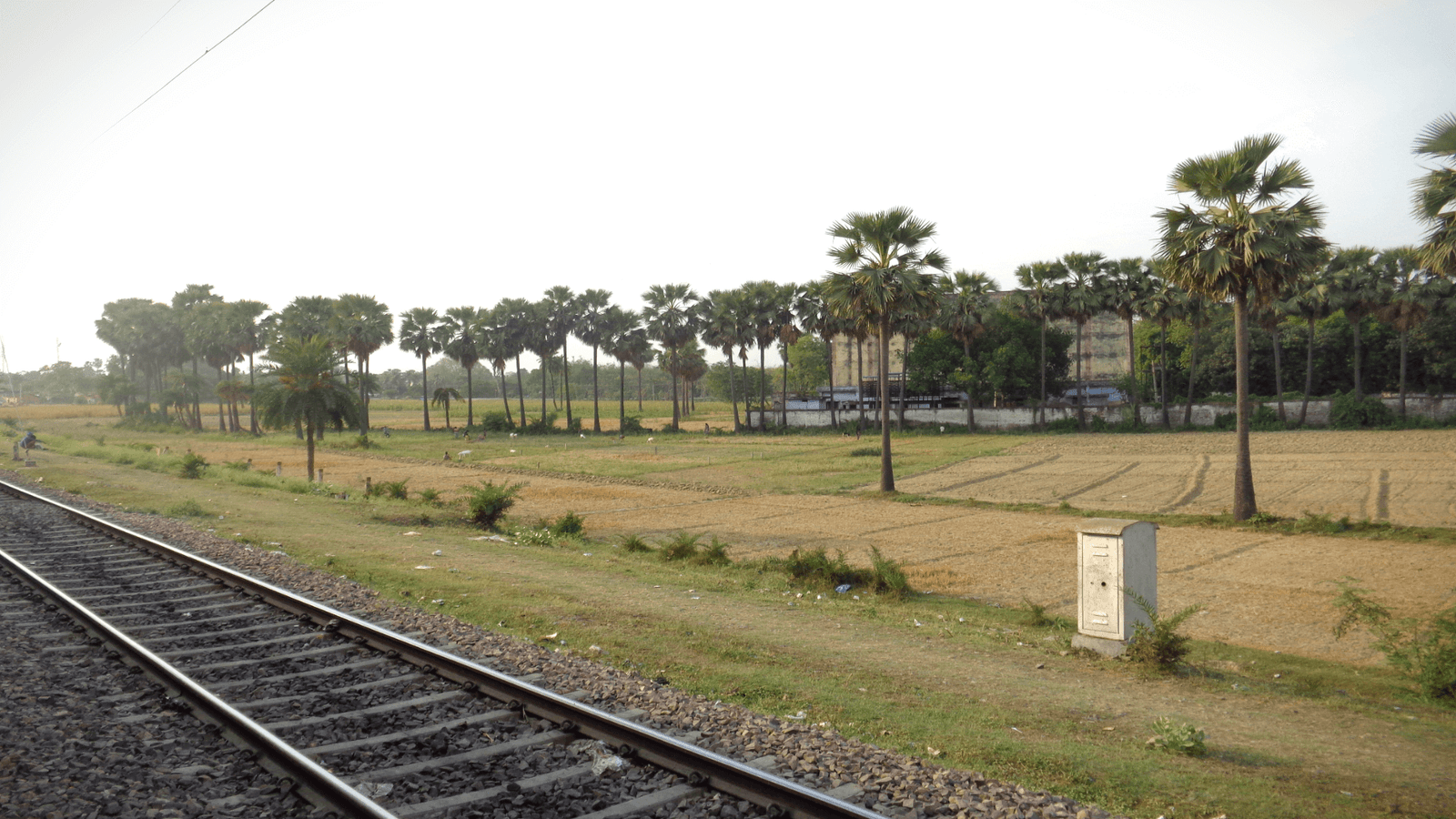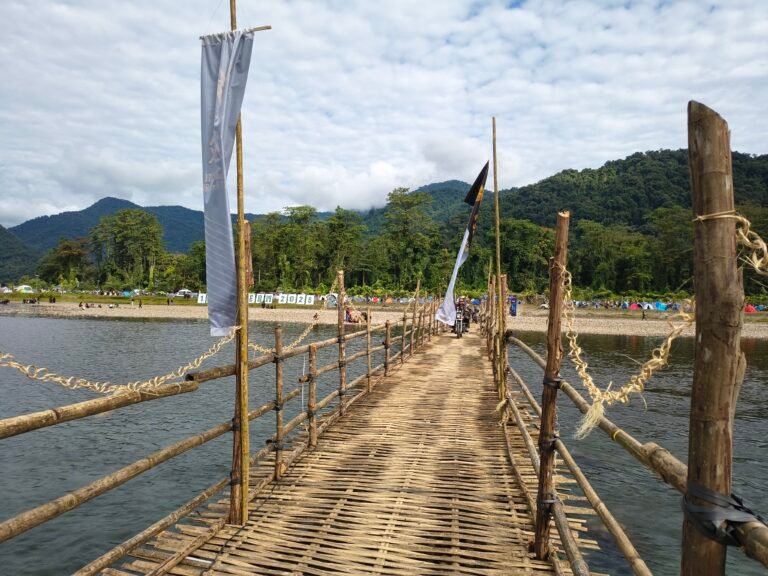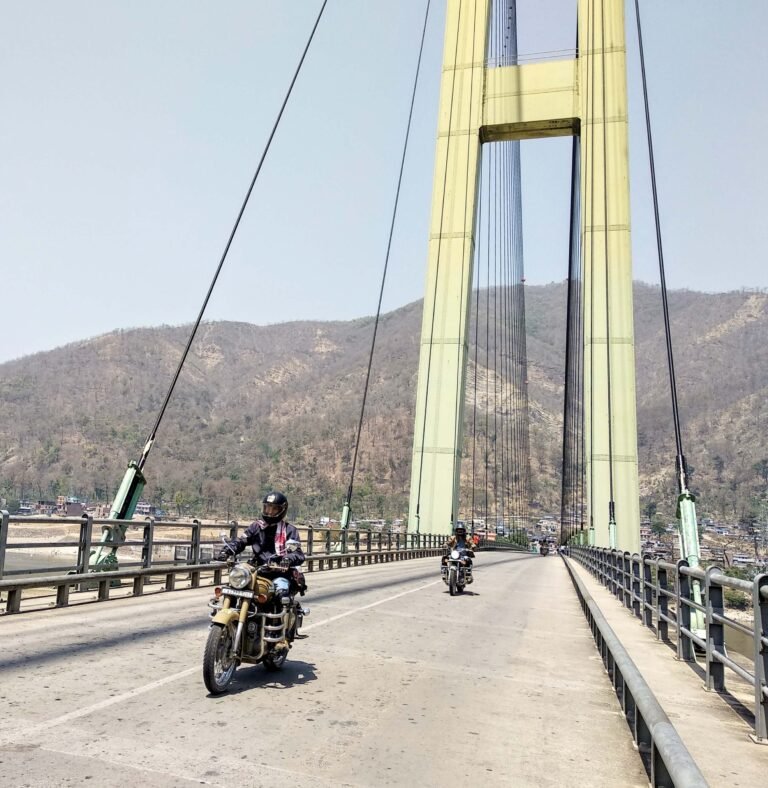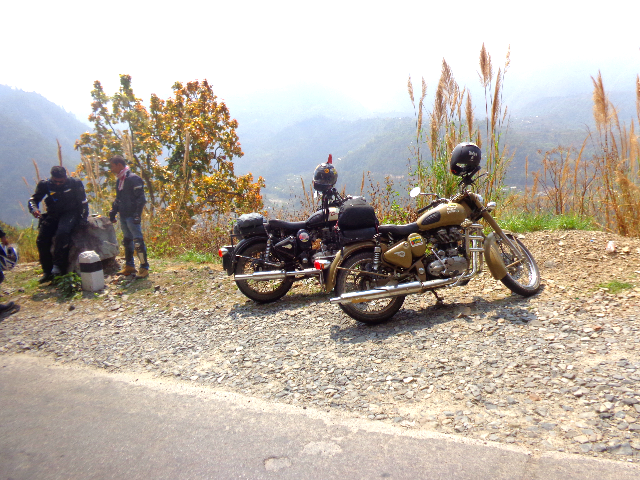Drifting Away from Home’s Pull
There’s something quietly unsettling about leaving home — especially for those of us who don’t venture far very often. That feeling of unease, of emotional displacement, is what people call homesickness. Until I step out, I don’t feel it. But once I’m on the move, the invisible pull of home grows stronger — much like gravity pulling a spacecraft back to Earth. Breaking free from that tug is never easy.
This time was no different.
Even if I manage to forget everything else, the face of my little three-year-old nephew floats into my mind. A few days ago, when I left their home in Margherita, he cried uncontrollably. They’ll be coming home this Bihu, but I won’t be there. Today is April 11th. In three days, I’ll reach Lucknow — the very day of Uruka, the eve of Bohag Bihu in Assam. There was a time when Bihu meant everything to me. I even had my own Bihu team. Now, I’m on a train heading out of Assam, leaving behind the festival, the warmth, and all that once made me feel alive.
The train sped on. I glanced out now and then, but the glass windows blurred everything — as if reflecting my mood.
At Dimapur, a Marwari woman and her daughter boarded the train. They were headed to Guwahati. Apparently, the daughter hadn’t planned to come along but changed her mind last minute. So only the mother had a ticket. The ticket checker fined them a thousand rupees and issued a fresh one for the daughter.
I was quietly sitting in my empty cabin until they came in. Their presence added some life. But the girl, clearly unimpressed with the journey, kept grumbling about how “boring” it all was. Most of the time, she was lost in her phone — a perfect portrait of today’s generation, always chasing quick thrills, addicted to the new. From their conversation, what I gathered is that she had just finished her Higher Secondary final exams.
Around 10:30 that night, we reached Guwahati. They got off, and in came an elderly couple — husband and wife — helped onboard by their son and grandson. A little while later, another man boarded and settled into the upper berth across from mine. Mine was also an upper berth.
Now we were four in the small cabin. The elderly couple must’ve been in their 60s or 70s. They spoke only to each other. The man across from me remained glued to his phone. I, on the other hand, had no calls to make, no family to check on, and not even a smartphone to scroll endlessly on. After some time, I asked him where he was headed.
“Kishanganj,” he replied.
That made me look at him a little more closely.
Before deciding to ride my bike all the way to Lucknow, I had scoured the internet for information. Everything I read warned of Kishanganj — infamous for robberies and crime. I’d heard stories before, too. So, I’d be lying if I said I didn’t feel even a flicker of unease knowing a fellow passenger was heading there. But then I reassured myself — he lives in Assam, and he’s travelling first class. Surely, he’s not someone to worry about. He mentioned he lived near Kamakhya Gate. True or not, who knows?
That night passed quietly. We barely spoke. I had my dinner — the standard railway meal — and went to sleep.
The next morning, around 7:15 AM, the train pulled into Kishanganj. The man got off. I stepped down onto the platform for a few moments, just to feel the place. I wanted to get a sense — even briefly — of what Kishanganj was really like.



